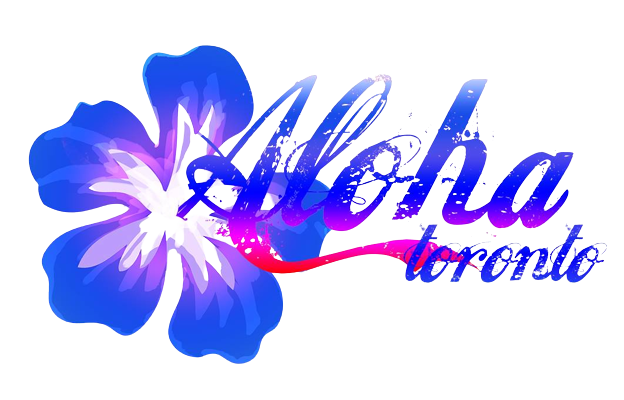About Aloha Toronto
Aloha Toronto is a unique and heartwarming beach experience created specifically for people with autism, taking place annually on the third Sunday of August.
Our founder, Helen Hatzis, a passionate water enthusiast, was inspired by a transformative surf trip to Dana Point, California, where she volunteered at a Surfers Healing Camp in 2009. The idea for Aloha Toronto was conceived in San Diego in July 2009. However, it truly took root during a 10-day stay in Lahaina, Maui, at the Marzo family residence. As many of you might know, Clay Marzo is an autistic adult hailed as one of the surfing legends of our time. With the support and guidance of Surfers Healing co-founder Izzy Paskowitz, Helen brought the first-ever Aloha Toronto to life in 2012. The one-day event captivates attendees with an enriching experience of individual stand-up paddling, sensory activities, and music, creating a compassionate atmosphere for everyone involved.
Izzy and his wife Danielle established Surfers Healing the pioneering surf camp for children with autism, in 1996, setting the foundation for impactful initiatives like Aloha Toronto.
The mission of Aloha Toronto transcends the boundaries of the event itself, as we remain wholeheartedly devoted to serving the community, with a particular emphasis on adults with autism who have aged out of traditional programming.
In collaboration with Autism Ontario, we established the Aloha Autism Fund to address this need. To date, Aloha Toronto has generously contributed $33,000 to the fund, enabling the provision of educational grants and vital support for social programming, further enriching the lives of the individuals we serve.
With engaging activities and a steadfast dedication to families in our autism community, our mission is to create a lasting positive impact on the lives of those who attend.
Aloha Toronto operates as a key event under the umbrella of the Aloha Autism Association, a volunteer based registered not-for-profit organization dedicated to making a difference in the lives of individuals with autism and their families.
About Autism
In March 2018, the National Autism Spectrum Disorder Surveillance System (NASS) released the most up-to-date Canadian prevalence rate: 1 in 66 Canadian children and youth (ages 5-17) are diagnosed with Autism Spectrum Disorder (ASD). According to the Canadian Medical Association Journal, approximately 1 - 2% of the Canadian population is on the autism spectrum which means there are approximately 135,000 autistic people in Ontario.
As more research is being done on the intersections of autism and race, gender, sexuality, and social locations, more information is being made available online which is increasing the rates of autism diagnosis in children and adults. This in turn is placing a larger demand on education, healthcare, and social service systems, highlighting glaring gaps in the supports available; especially for autistic adults, people with lower incomes, people in rural areas, and Black, Indigenous, and people of colour.
Having these numbers helps us advocate to the appropriate government ministries for the individual needs of all people on the autism spectrum ;and their families throughout the life course.


